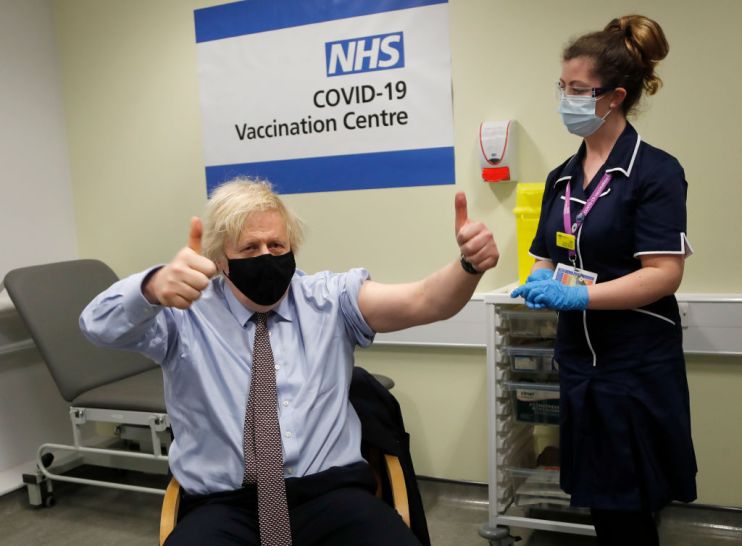DEBATE: Is the Government doing enough to combat vaccine misinformation?

Richard Exon, Founder of Joint says Yes
The UK has one of the most successful vaccine rollouts in the world. On Saturday it vaccinated a record 844,285 people – a combination of first and second doses – in a single day. So, half of all UK adults have now had their first dose of the vaccine.
This is a direct reflection of the success of the government’s vaccine communication which has gone to great lengths to champion the science behind the vaccines, their subsequent safety and for the Prime Minister and other ministers to be seen receiving the vaccines themselves.
While there have been bumps along the road – especially in terms of information around the Oxford AstraZeneca jab – the Government’s full throttle support for the vaccine has meant any detrimental effect on take up has been minimal.
Of course, there are groups who are less confident in the vaccine and there has been lower uptake among ethnic minority groups. But according to YouGov, the vast majority of BAME adults do trust the NHS, family doctors and scientists.
So, the best way of combating any misinformation is through our existing medical channels – be that local GPs following up with their patients to talk through any concerns and NHS vaccine communication addressing scare stories head on.
Jason Galla-Barth, Managing Partner of Tribal Worldwide says No
The government has said it is taking the issue of vaccine disinformation “extremely seriously” and is doing what it can to maintain faith in its pandemic response, but it is not enough against the size and scale of this issue.
Research on crisis communication points to one key concept above all: trust.
Trust is built on the principles of effective communication – understand who you are talking to, understand their barriers and motivators and prepare different messages and activities based on what is known about them.
The government now needs to move fast – to listen and understand to shape messages for whatever demographic or social group where there may be trust issues.
Even in a hectic time of crisis it is worth the investment to understand target groups and consider how messages can be shaped according to the people who will receive them. The current government campaign is good, but it is not enough.